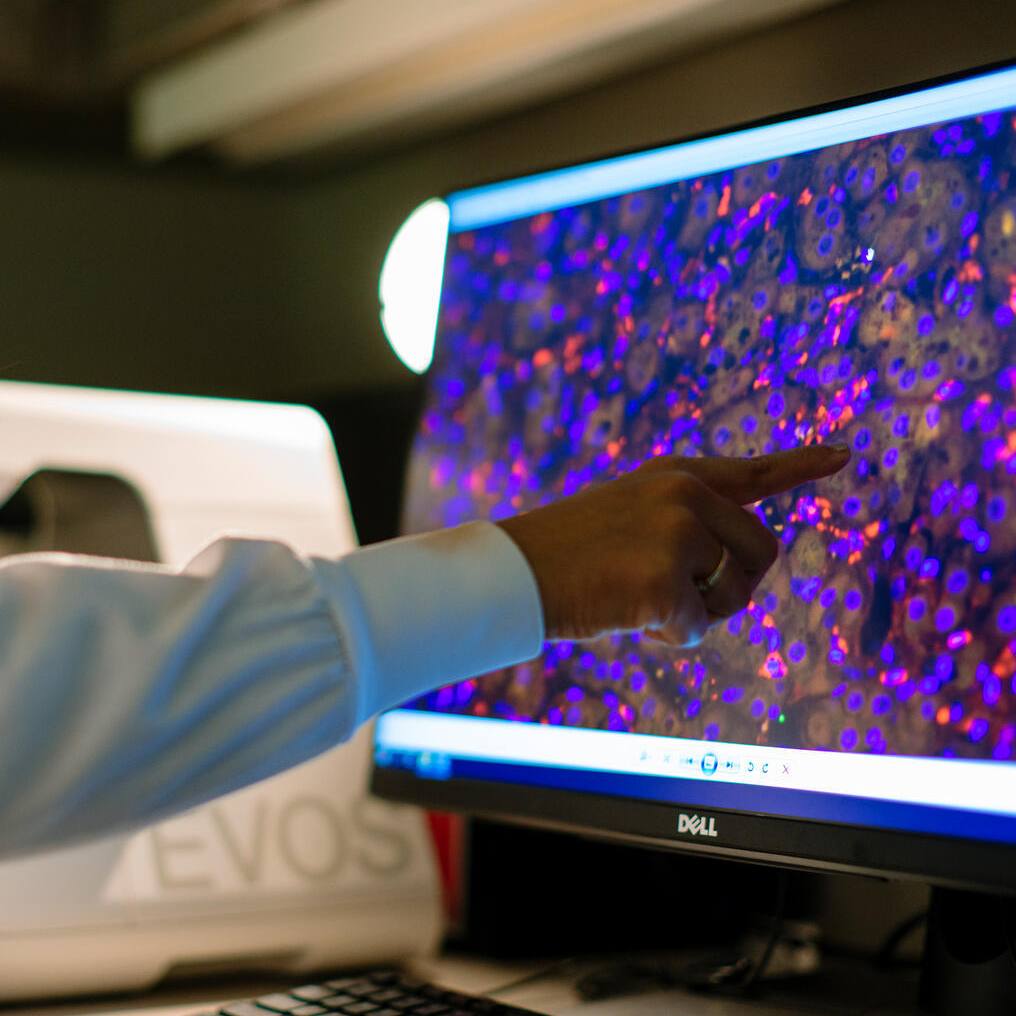National guidelines recommend people of average risk of developing colorectal cancer begin screening at age 45. However, Dr. Lisa Boardman, a Mayo Clinic gastroenterologist, says if your family has a history of colon cancer or if you have a hereditary condition, those guidelines don't necessarily apply. You may need to be screened at a younger age.
Journalists: Broadcast-quality video (1:14) is in the downloads at the end of this post. Please "Courtesy: Mayo Clinic News Network." Read the script.
"If you have a family history of colon cancer in, for instance, a parent, or a brother or sister, or even a child, you want to have your colon cancer screening done 10 years earlier than the age at which they developed the cancer," says Dr. Boardman.
A number of inherited genes may put you at risk. "The most common cause for hereditary colorectal cancer is for a condition called Lynch syndrome," says Dr. Boardman.
With behavioral modification, risks of developing colorectal cancer can be lowered.
"What's good for the whole body is good for your colon. And, so, we say really minimizing eating red meat, eating cold-water fish," says Dr. Boardman.
Also, add more whole grains, fish, fresh fruits and vegetables, as well as exercise. And avoid tobacco products and minimize alcohol intake.
Along with a healthy lifestyle, Dr. Boardman says to get screened and don't be afraid to talk about colon health because in most cases, colon cancer can be prevented.
"You don't have to get colon cancer, even if you are at risk for it or even if you make polyps because if we take out that precursor lesion, the cancer doesn't develop in most cases," she says.
For the safety of its patients, staff and visitors, Mayo Clinic has strict masking policies in place. Anyone shown without a mask was recorded prior to COVID-19 or recorded in an area not designated for patient care, where social distancing and other safety protocols were followed.







